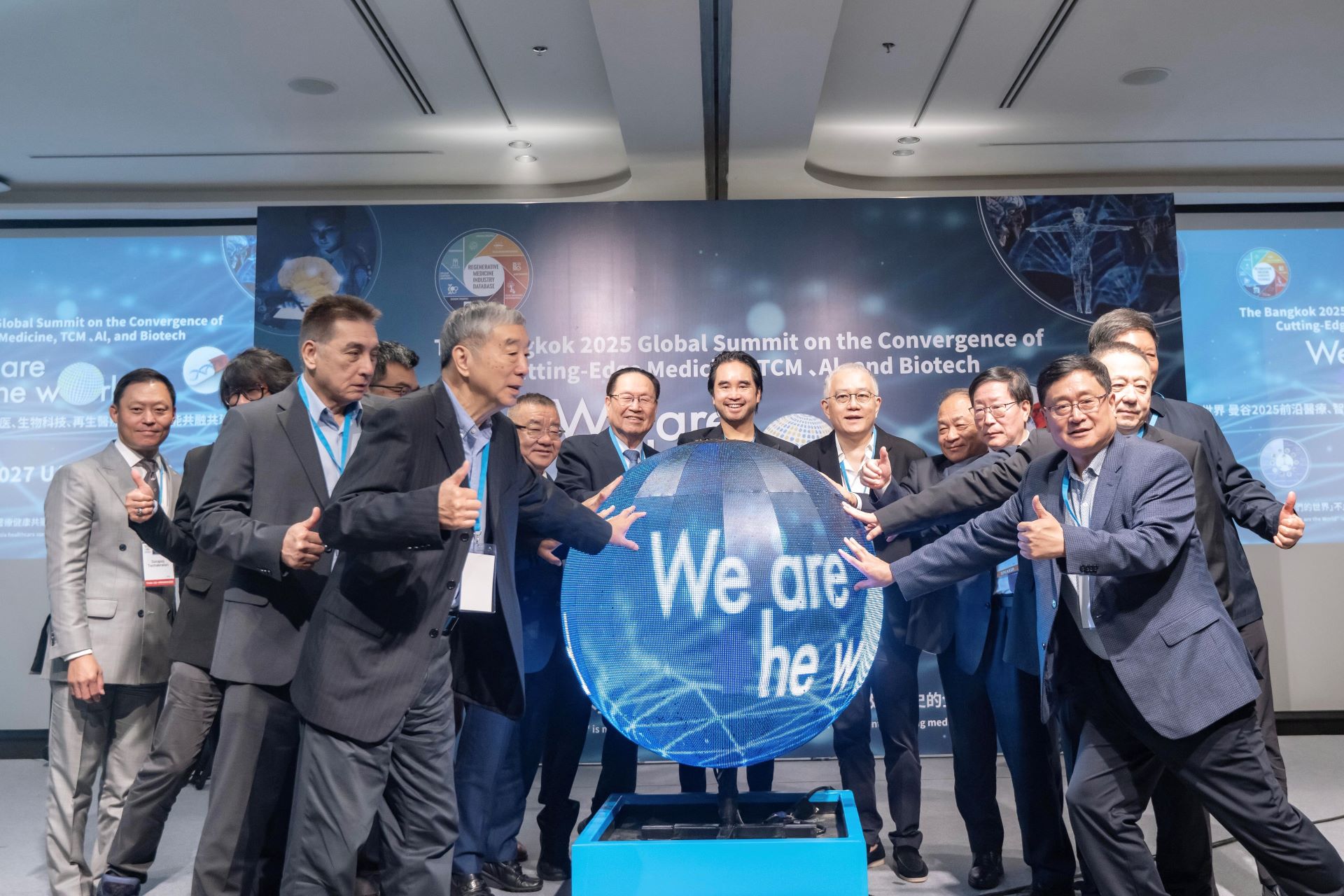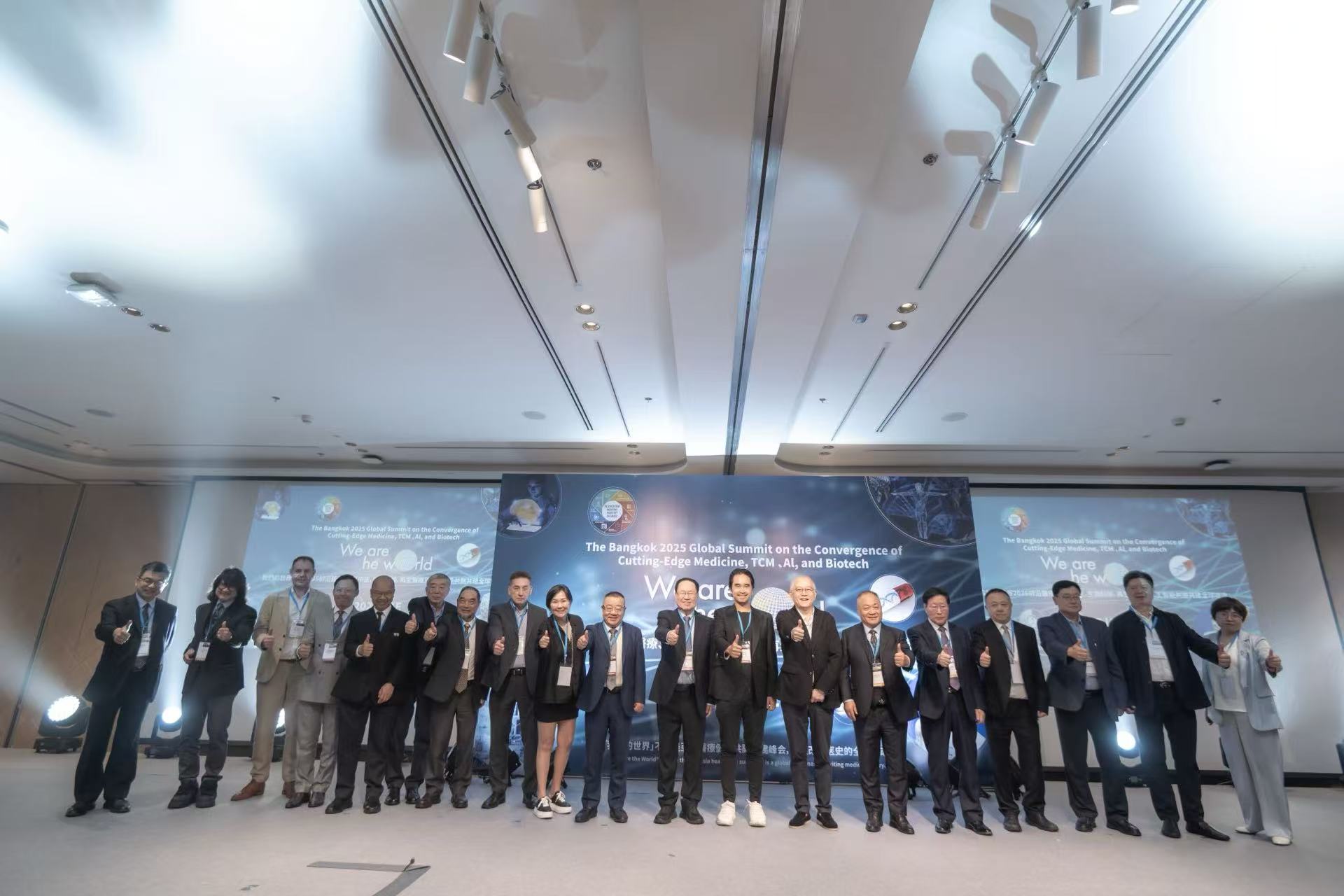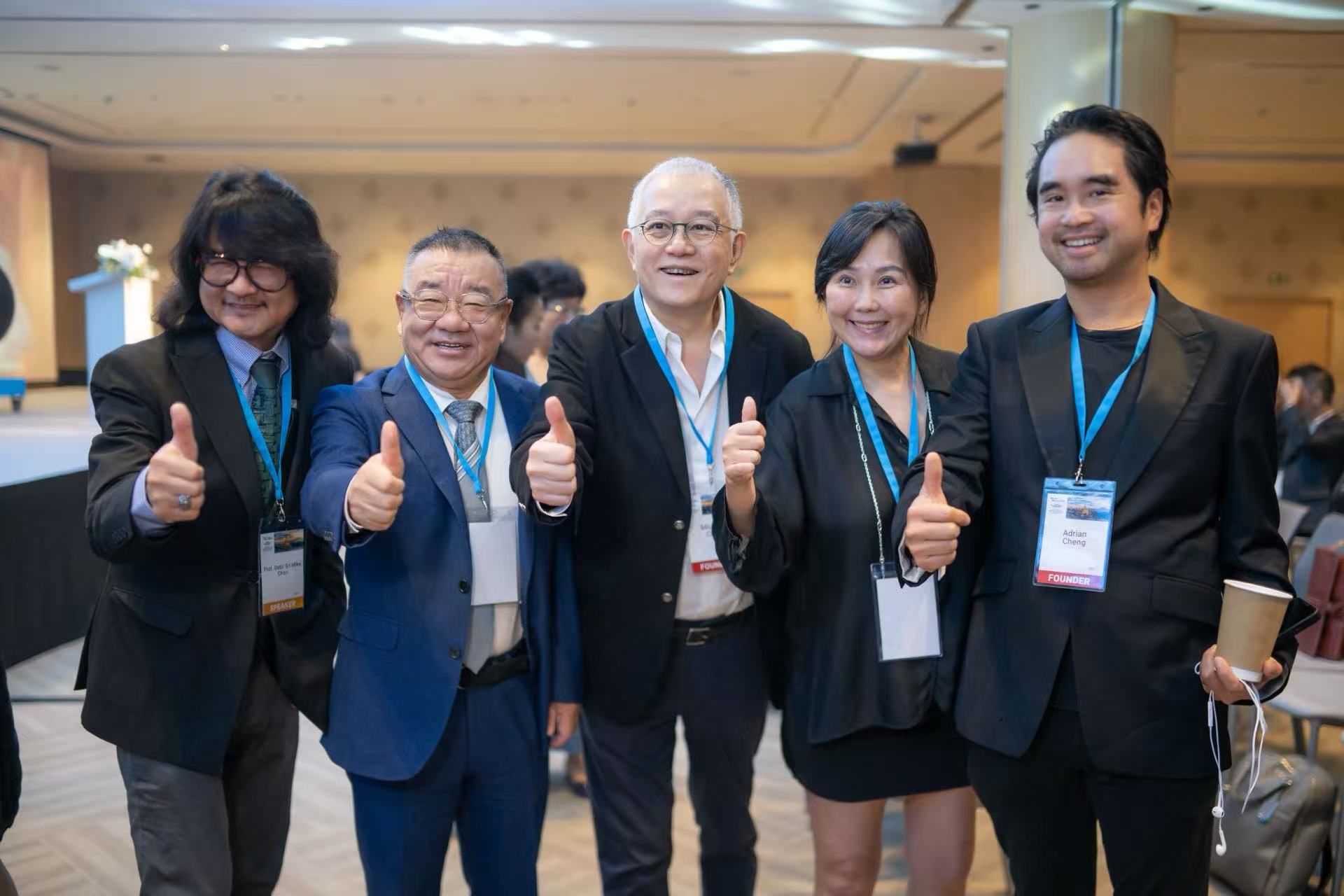
Asia is poised to become a hub for international health cooperation, providing patients with inclusive healthcare solutions by integrating traditional Chinese medicine (TCM) with modern technologies.
This was the consensus among delegates at the “We Are The World” (WATW) Bangkok 2025 – Global Biohealth, Artificial Intelligence Innovation and Traditional Medicine Fusion Cooperation Summit.
ALSO READ: 'We Are the World' launches global health platform in Bangkok
In his opening remarks, Adrian Cheng Chi-kong, founder of Almad Group and K11 by AC in Hong Kong, said the large number of patients with cancer and chronic diseases annually has exposed the need to combine the traditional wisdom of TCM with technologies to address critical healthcare challenges.
“It is only through the deep integration of TCM with biotech, regenerative medicine, and artificial intelligence, and the subsequent acceptance of these treatment methods by mainstream healthcare systems, and public and private insurance, that we can effectively meet the practical demands of healthcare delivery,” said Cheng.

Launched by Cheng and partners in October, We Are The World is a global health platform that aims to unite expertise from across the world to address gaps in existing medical systems and collectively build a comprehensive health security network for the benefit of all mankind.
Running from Nov 9 to Nov 11, the summit brings together doctors, scientists, and innovators with the shared goal of integrating biotechnology, artificial intelligence healthcare, and traditional medicine to collectively address global health challenges.
Using the ancient Health Silk Road as an example, Phinij Jarusombat, former deputy prime minister and minister of public health of Thailand, said it is necessary to build a new “Health Silk Road”, which allows knowledge, innovation, and care to flow freely.

Yan Lijin, chairman of the China Silk Road Group and executive vice-chairman of the Traditional Chinese Medicine Culture Congress, proposed different pathways to integrate TCM into the global health governance systems through digitalization, industrialization and institutionalization.
Sharing a personal story, Michael Chin, WATW’s co-founder, said TCM and acupuncture, together with regenerative medicine, helped with his hypertension and his wife’s severe tinnitus.
“This experience made me kind of understand that to resolve physical health problems, we must break down the information barrier,” said Chin, stressing the urgent need for the co-creation of an inclusive healthcare system in Asia.


